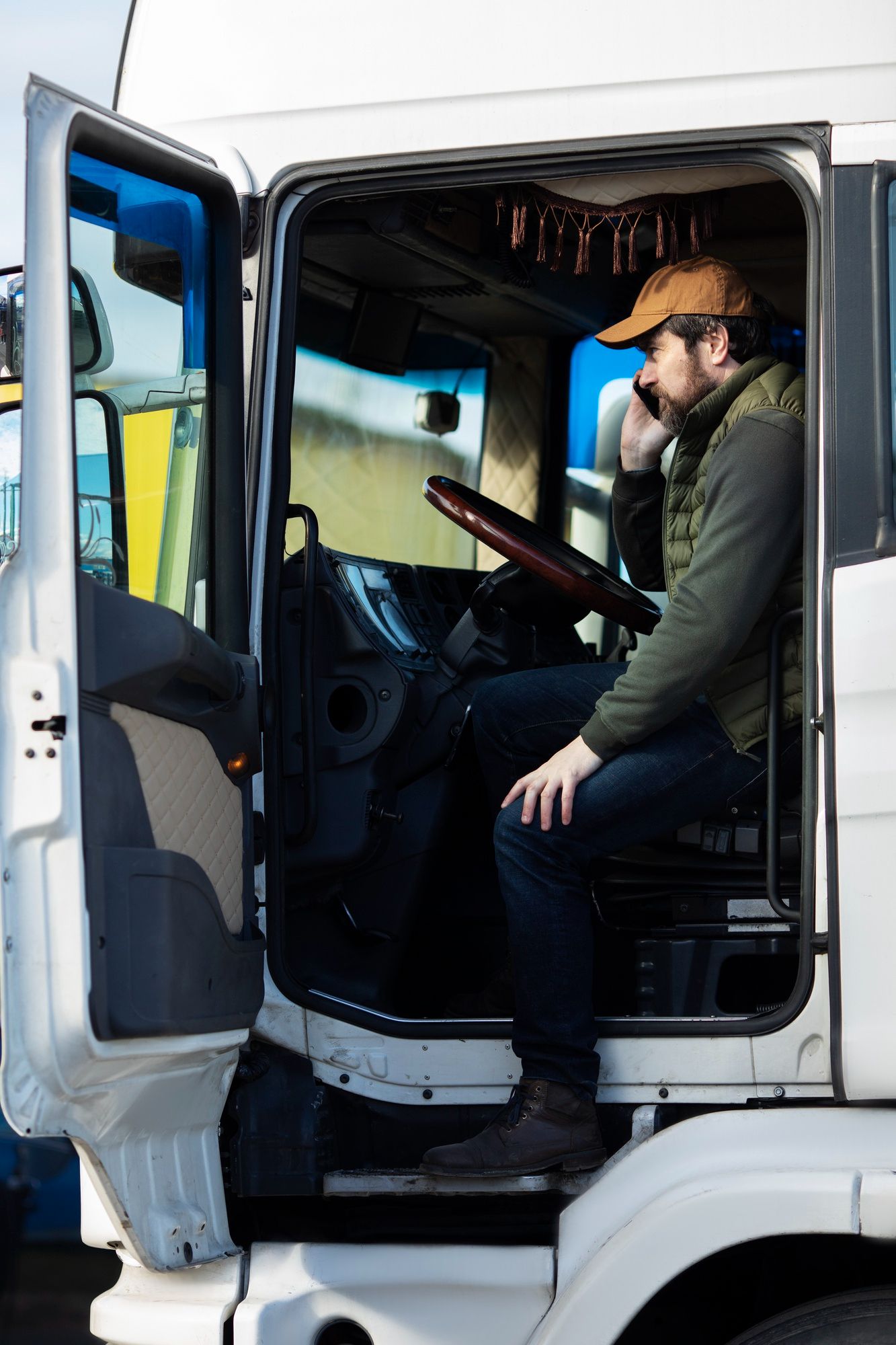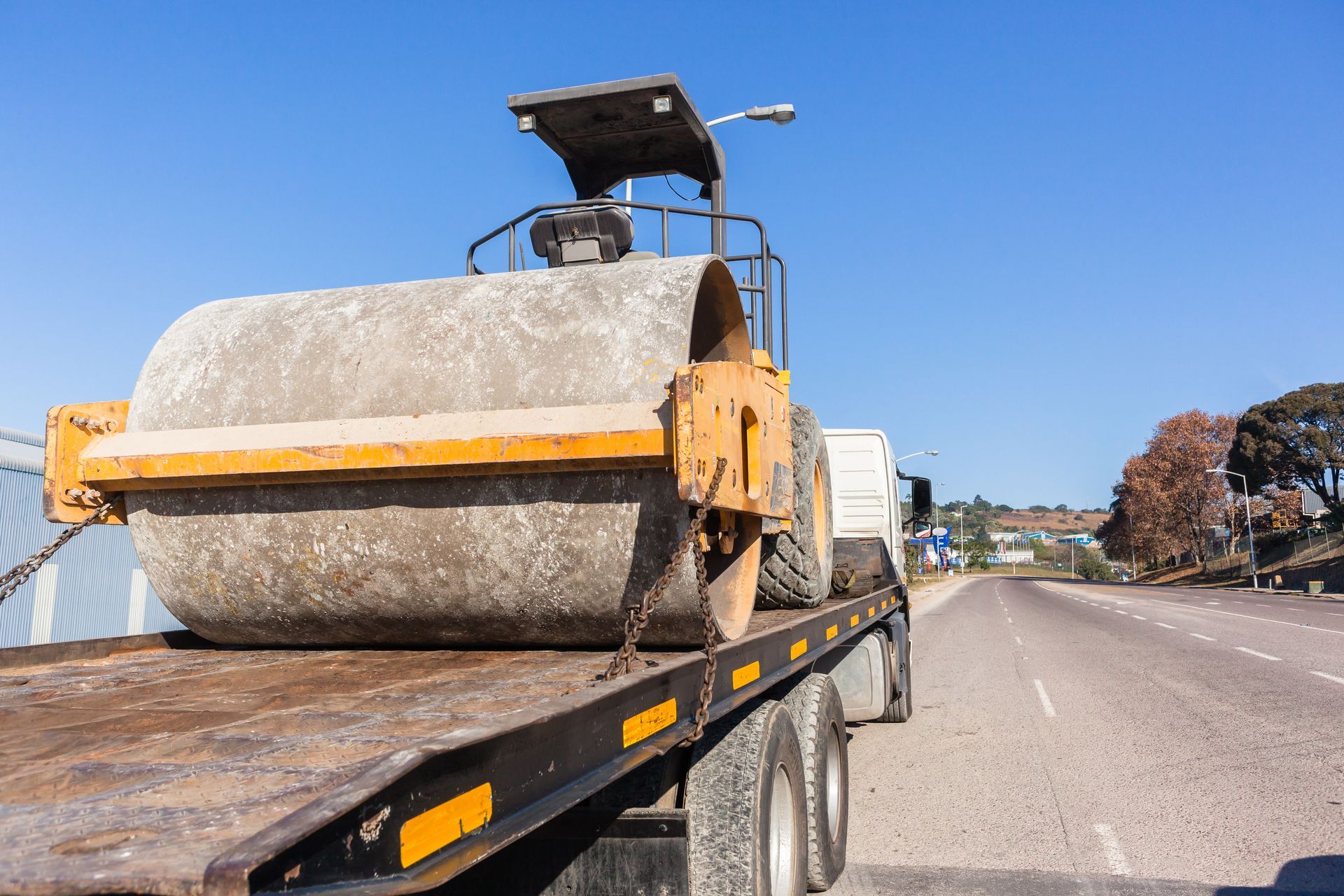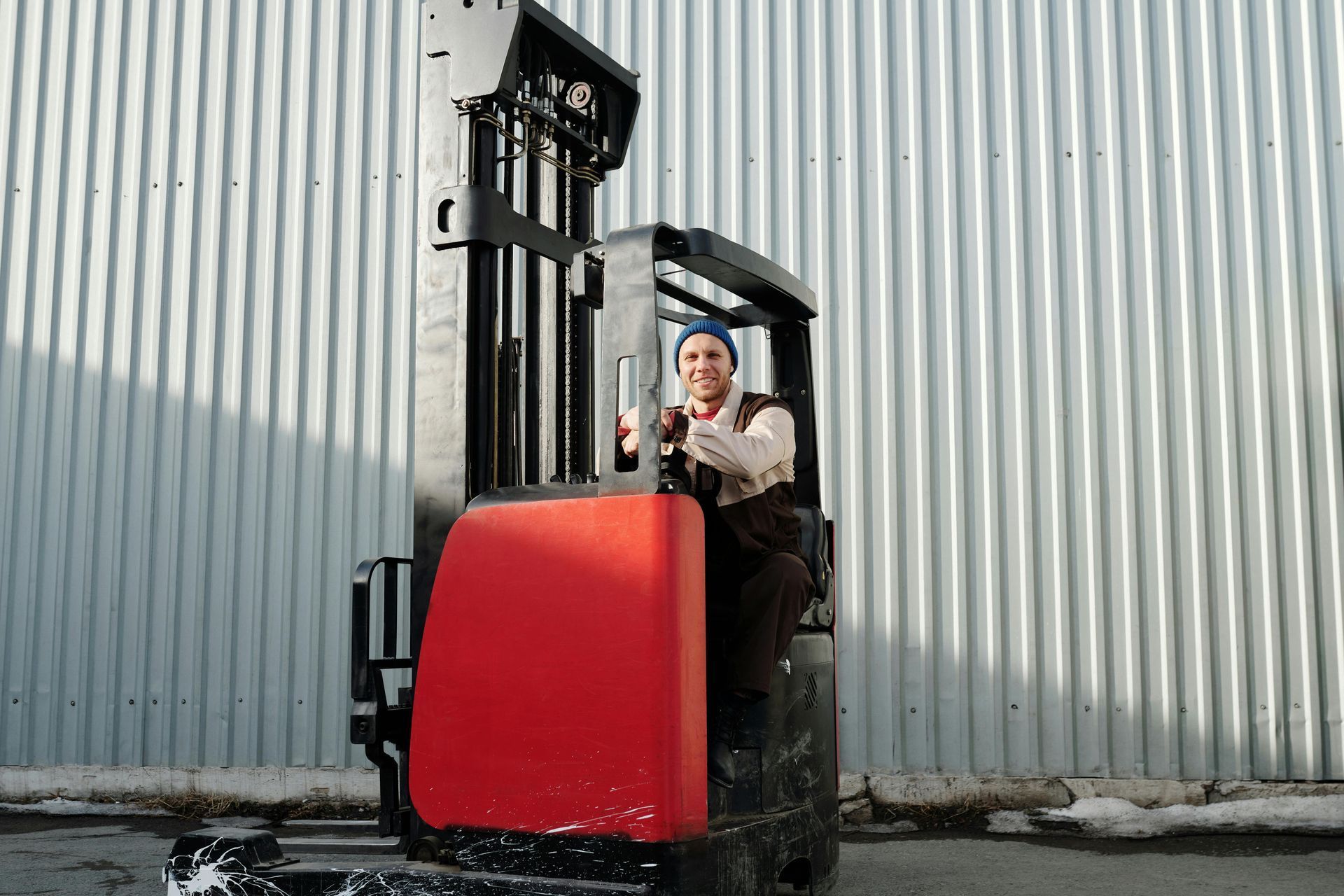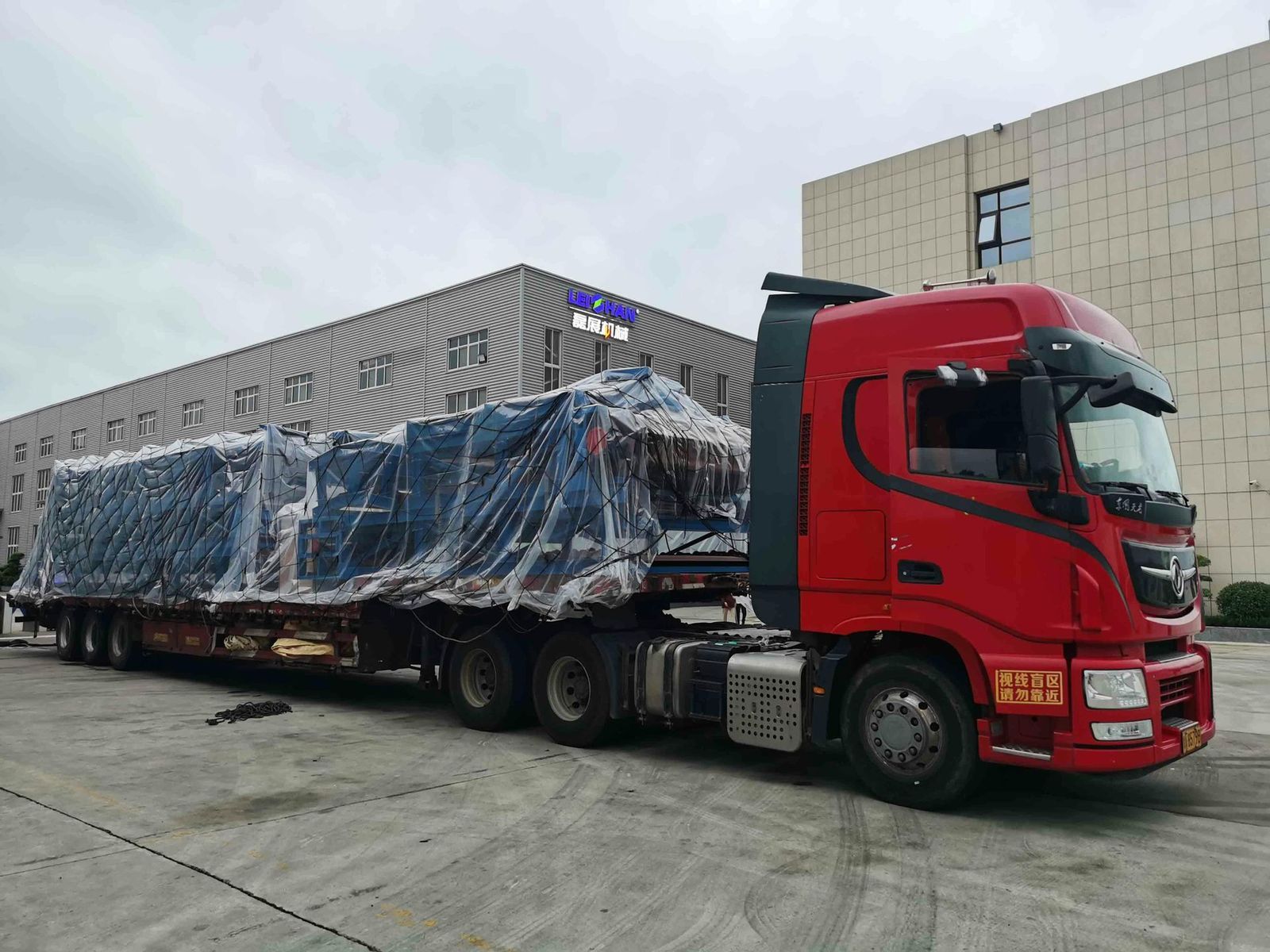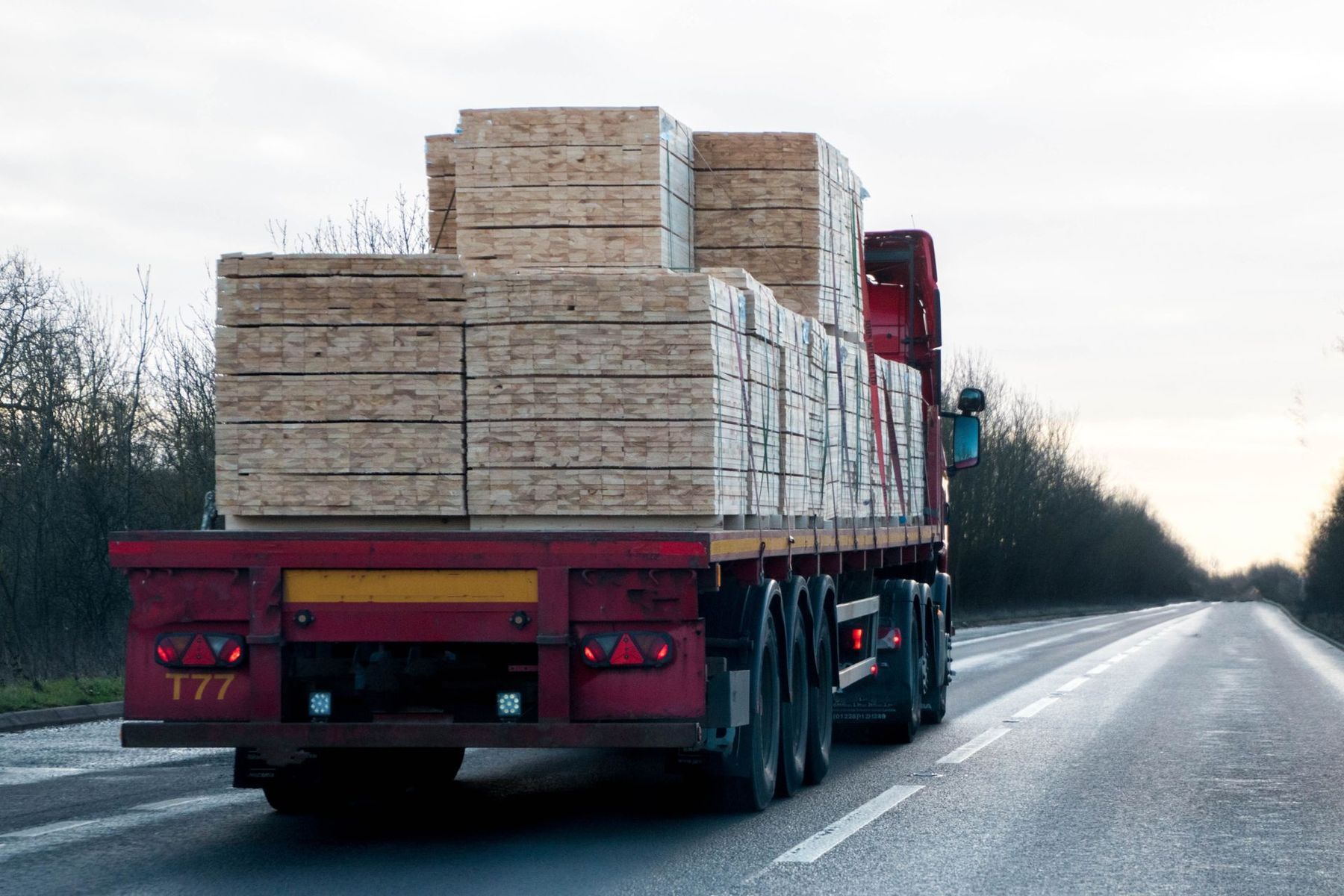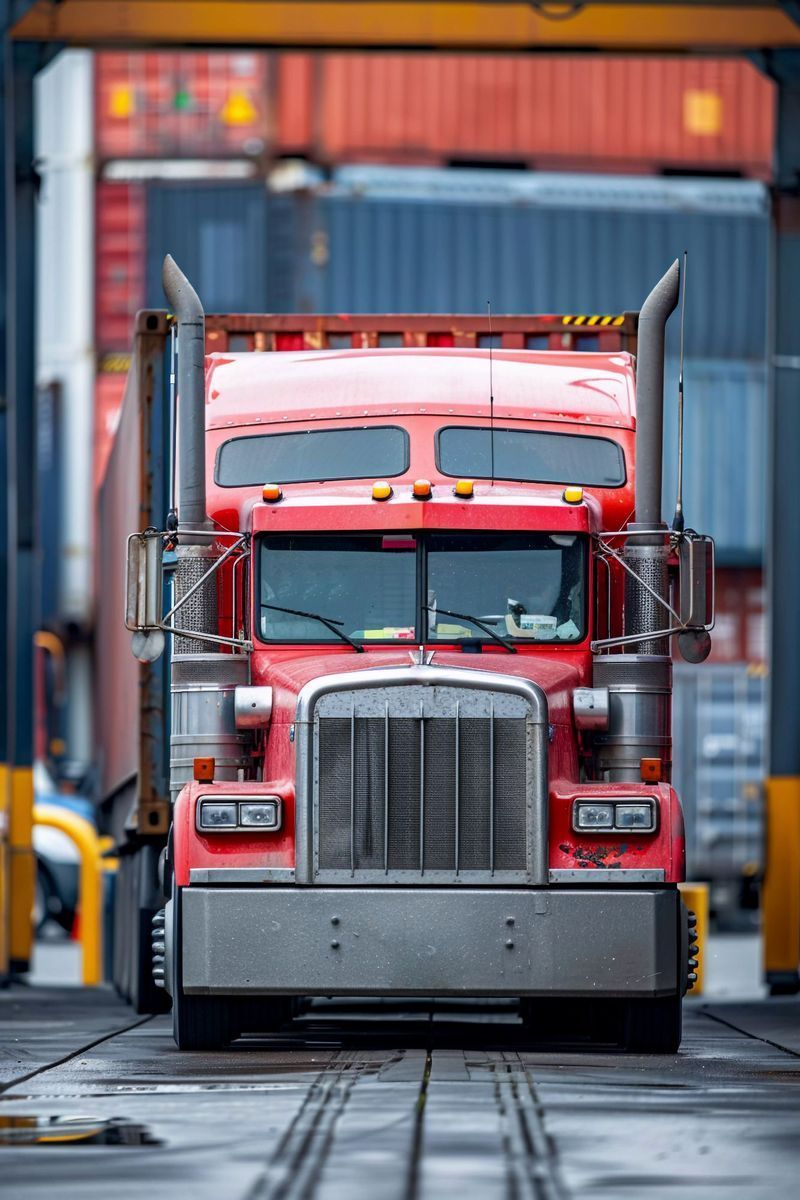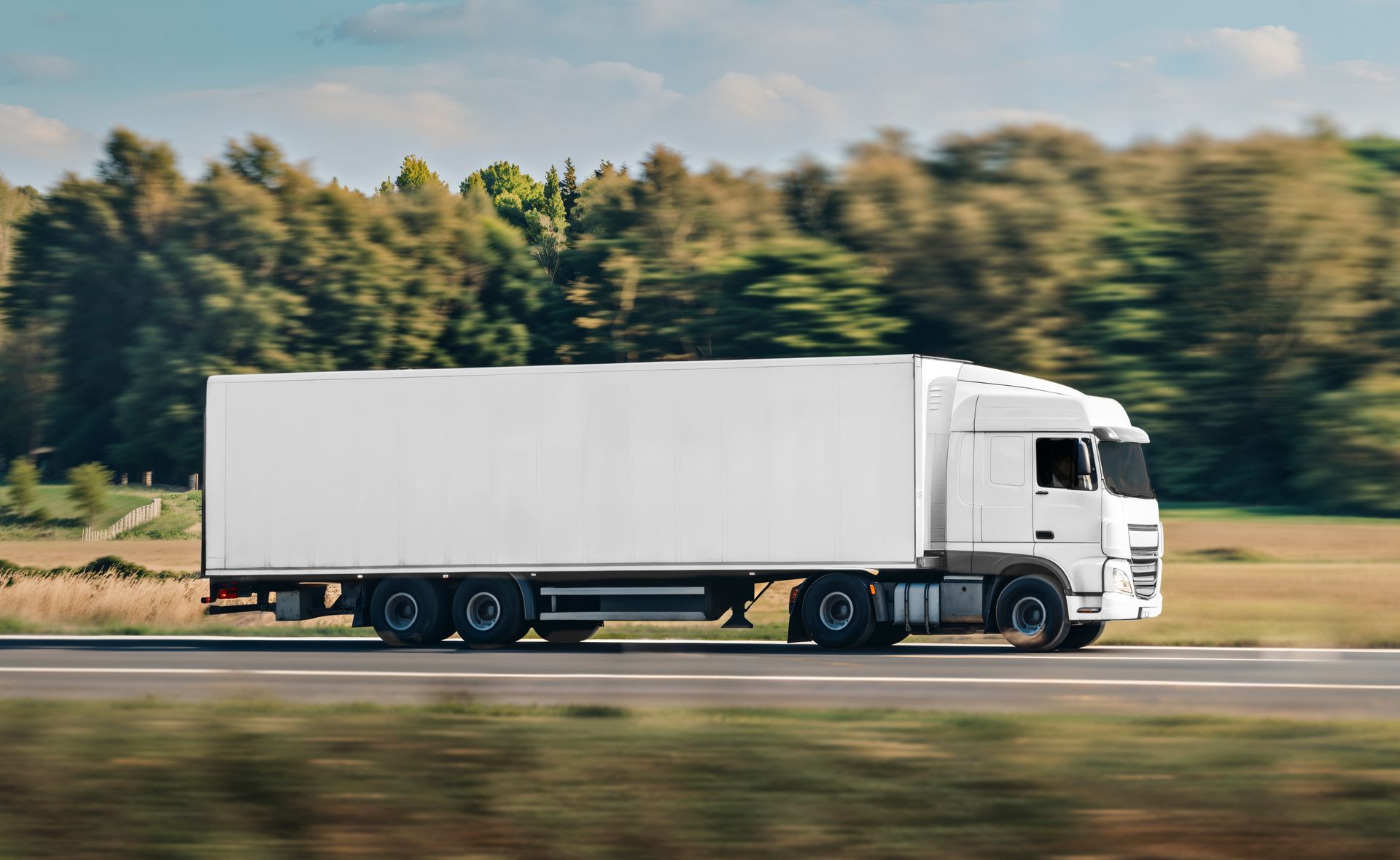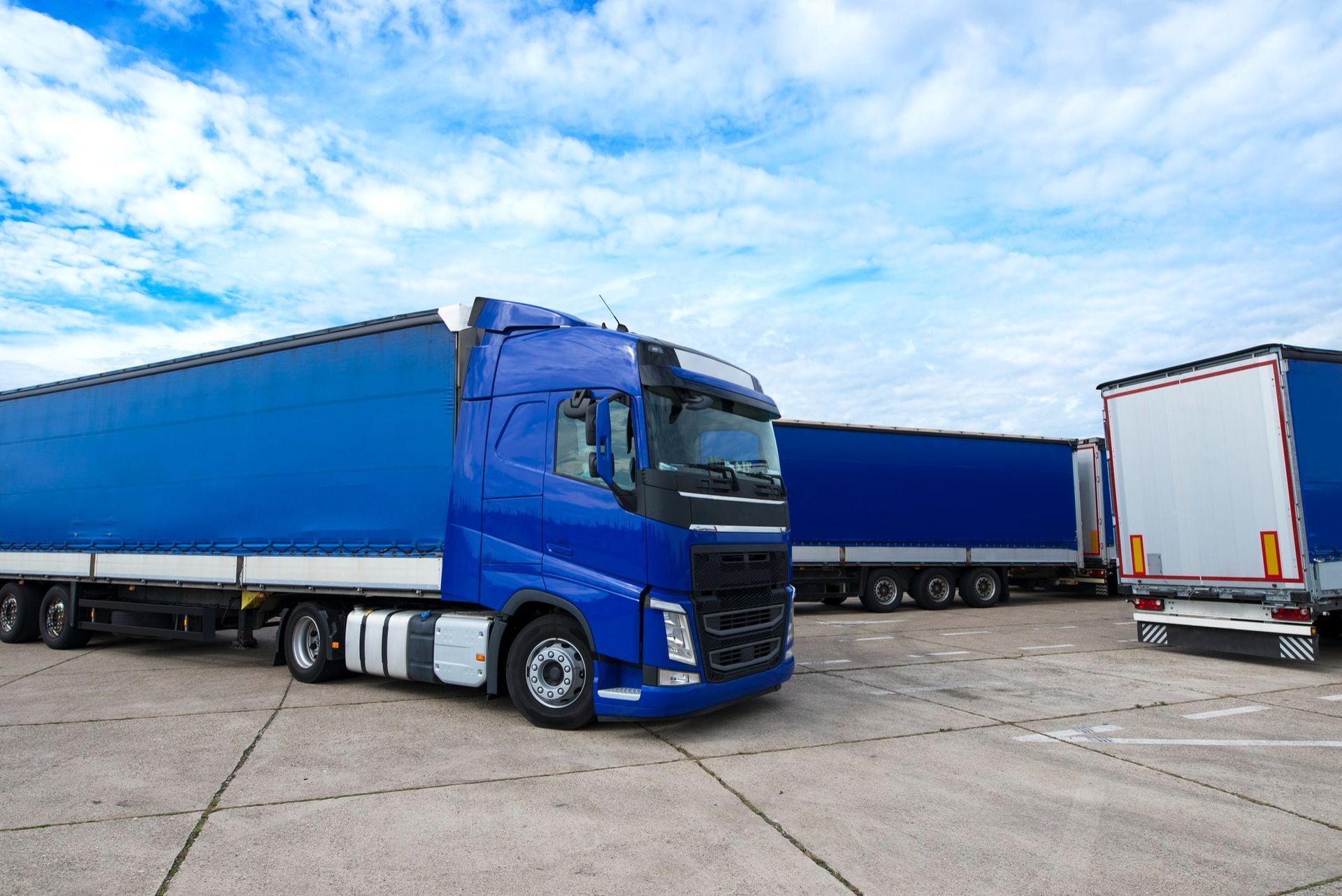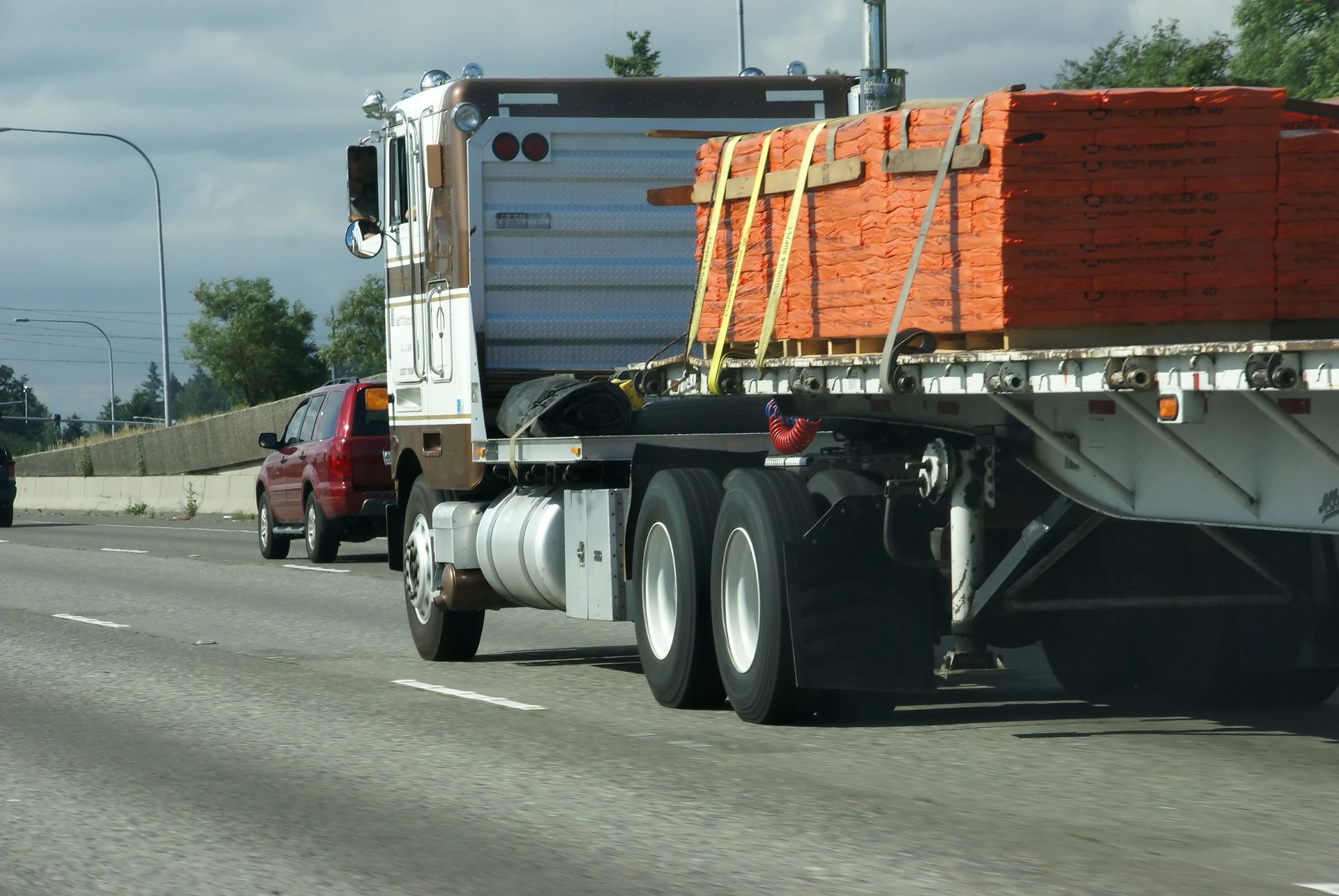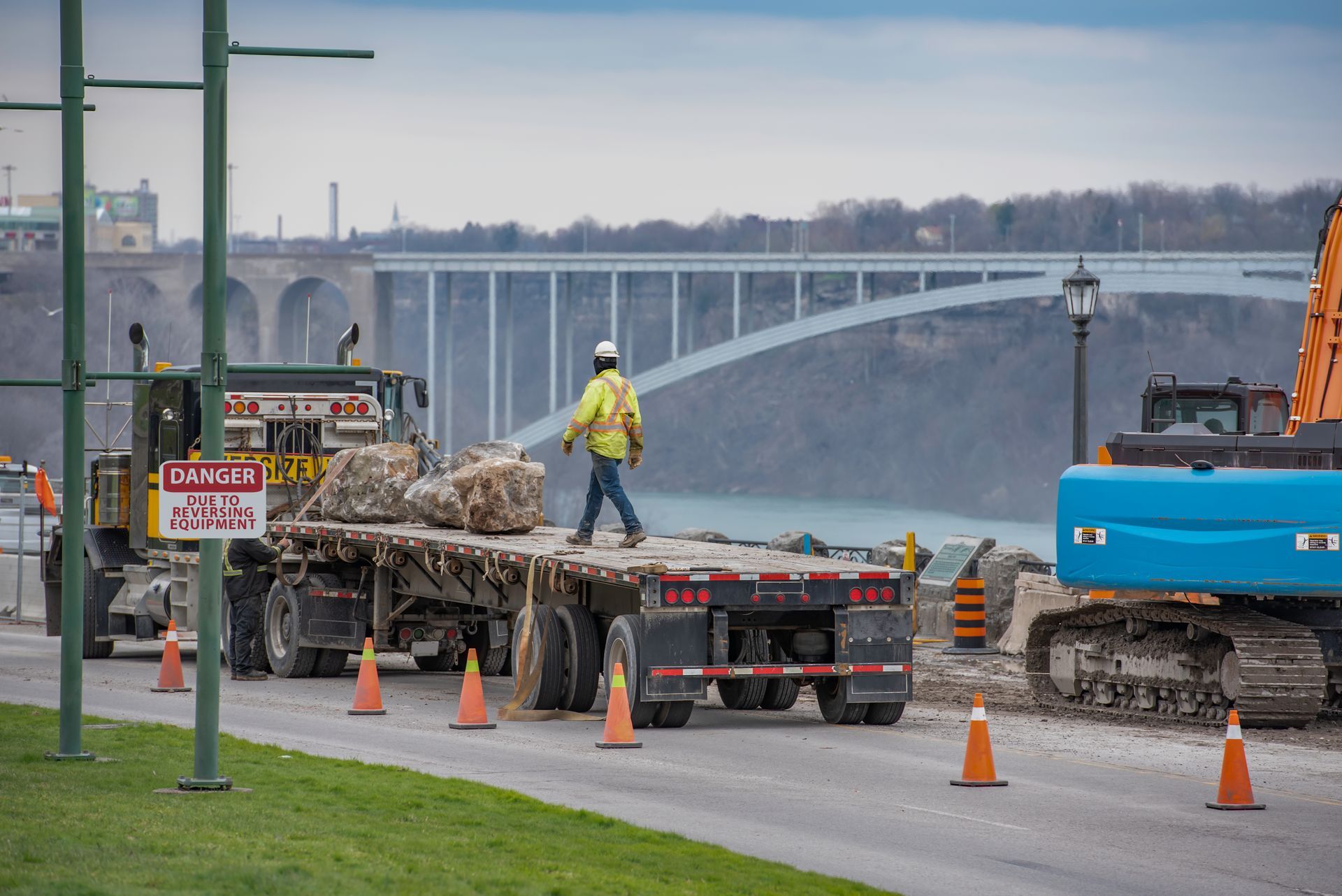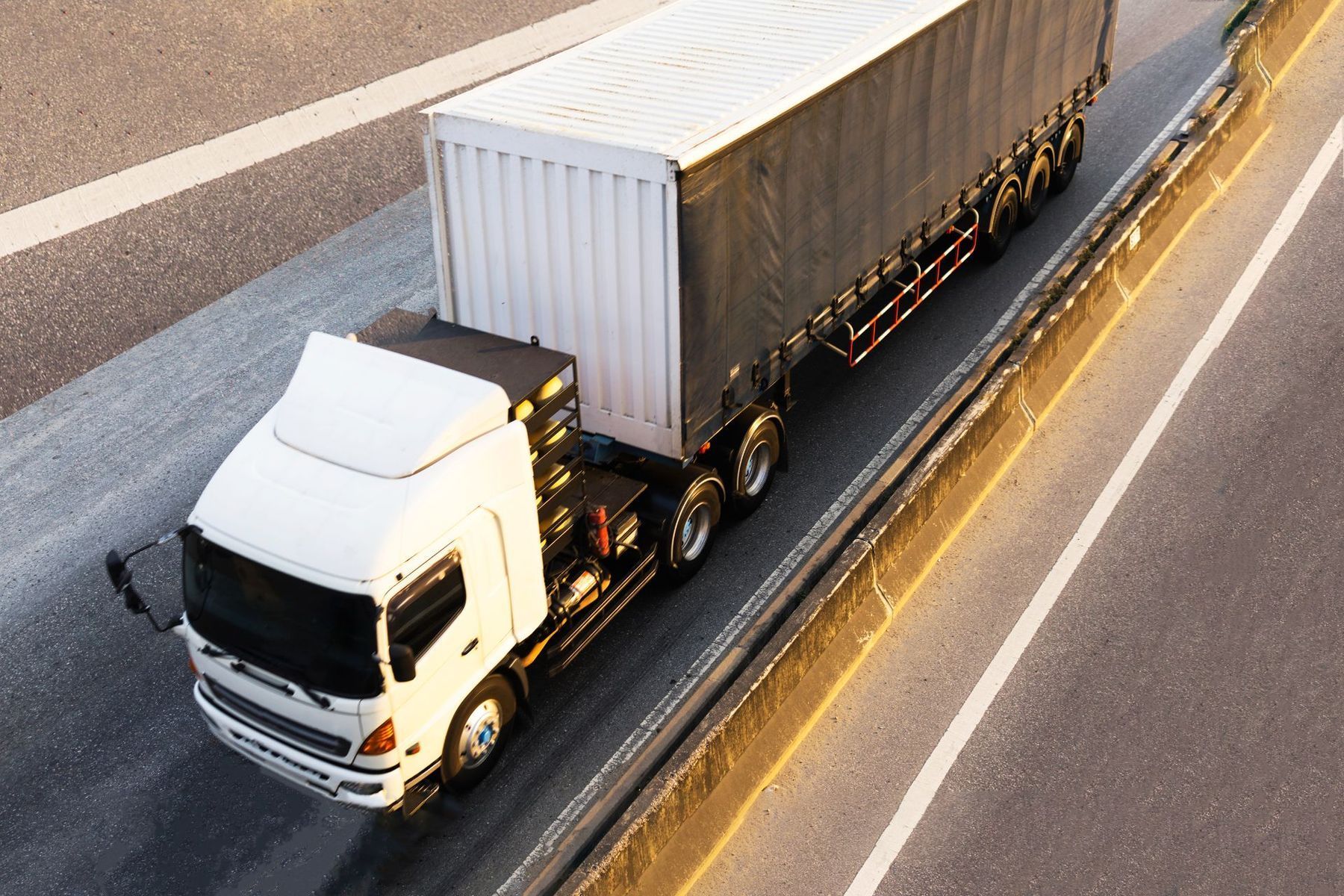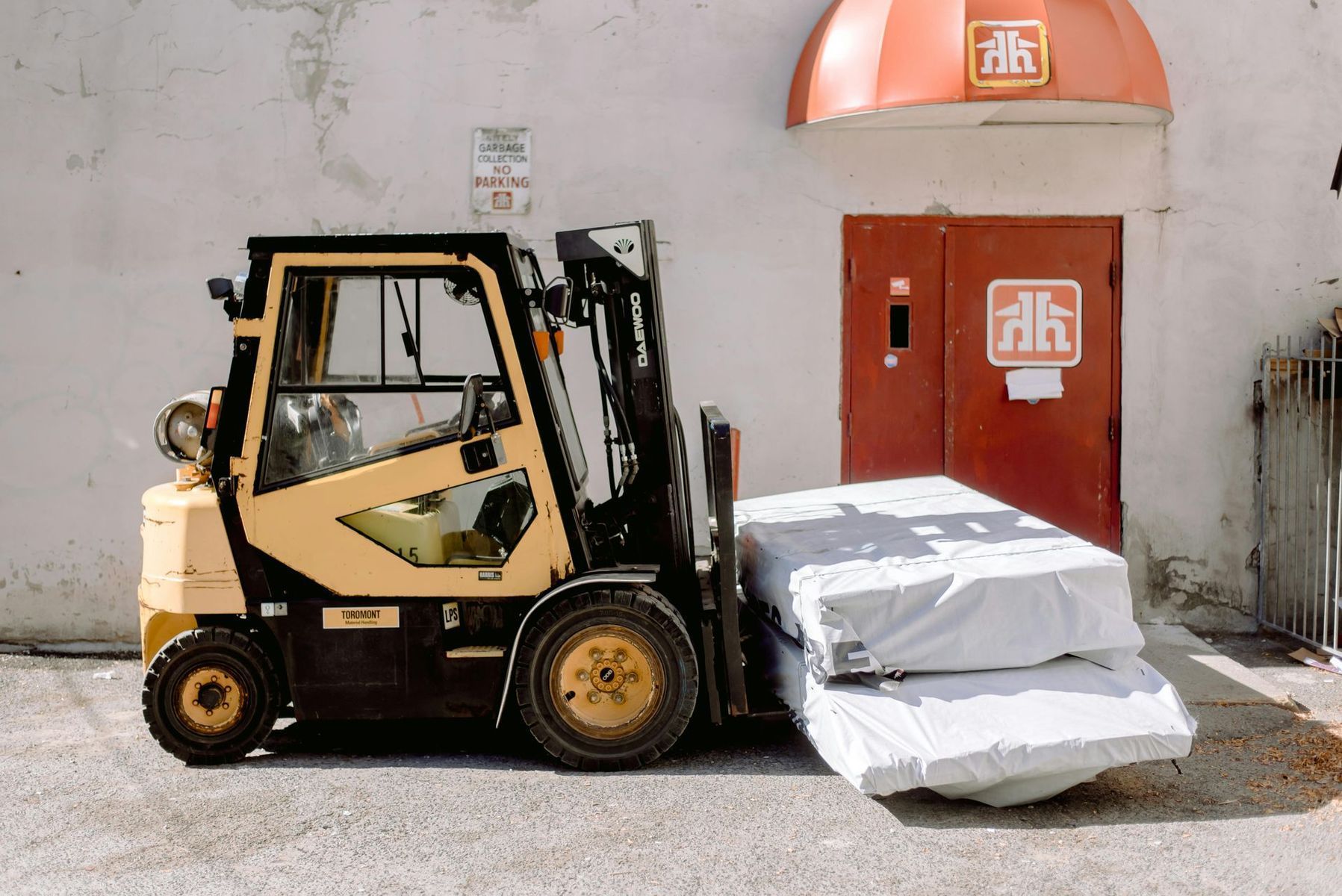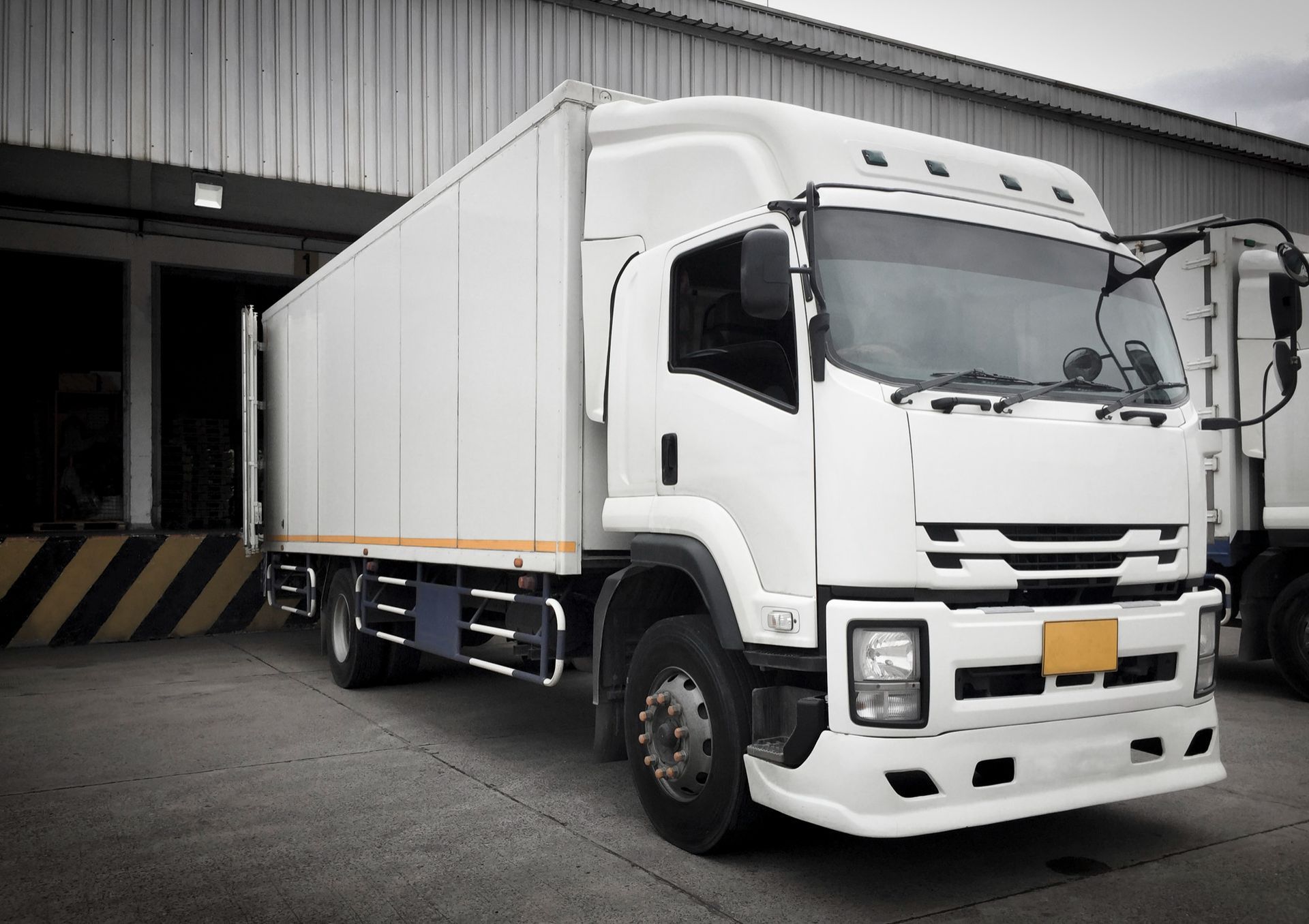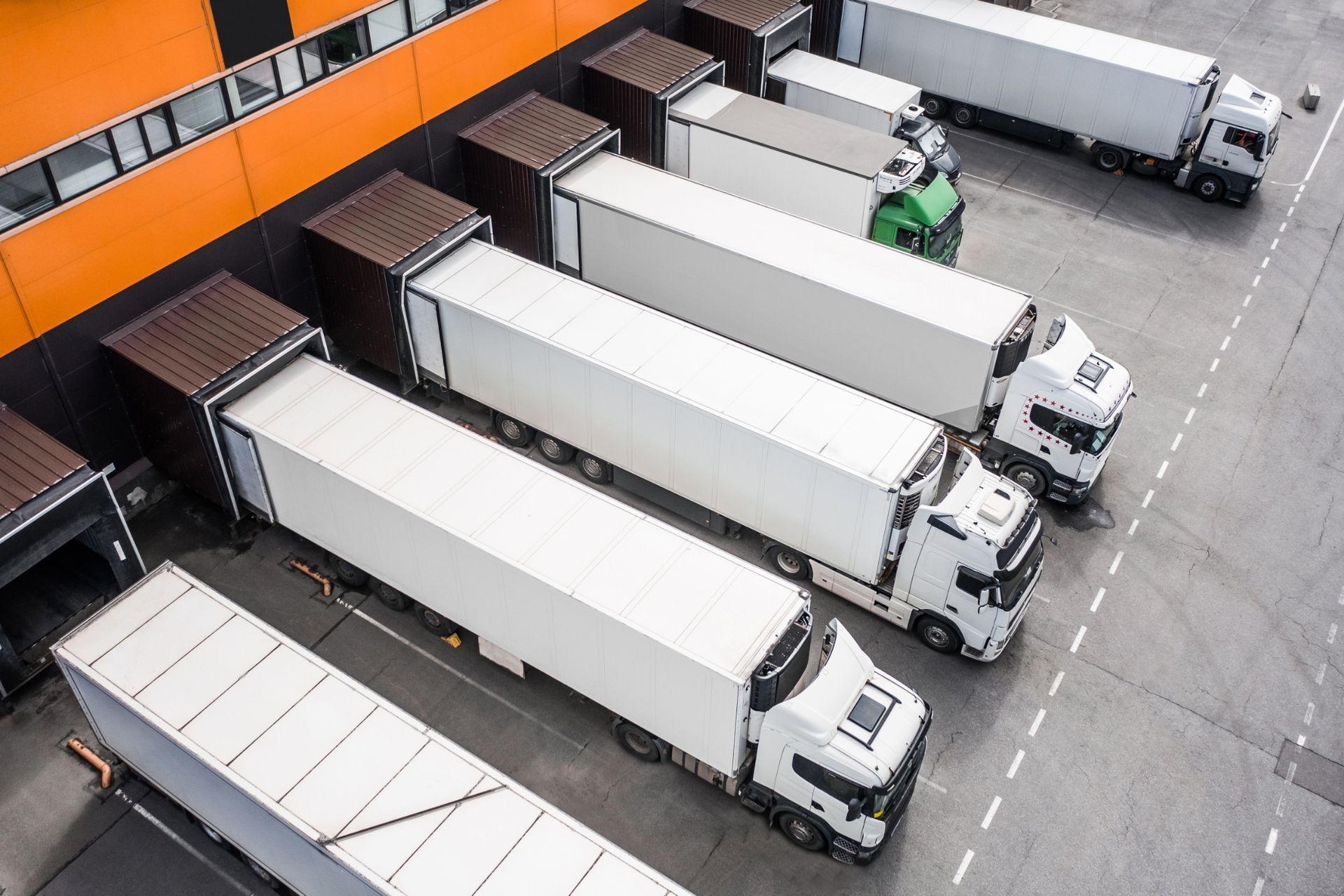Everything You Need to Know About Industrial Equipment Transport in Phoenix
Moving heavy machinery and large-scale industrial components requires precision, planning, and specialized expertise. When it comes to industrial equipment transport, Phoenix offers unique challenges and opportunities. At Tiny’s Trucking, based right here in Phoenix, AZ, we understand these hurdles inside and out. In this guide, we'll walk you through everything you need to know about equipment transport in Phoenix, from planning and logistics to permits, safety, and beyond.
Understanding the Basics of Industrial Equipment Transport
Transporting industrial equipment isn’t a matter of calling any truck and loading up. These loads are often oversized, overweight, or both, and that means handling, routing, and compliance all become more complicated. When you need to transport industrial equipment, consider these critical factors:
- Size and Weight: Industrial machinery such as turbines, generators, or construction equipment can far exceed standard dimensions. Each unit must be carefully measured to determine whether we need oversized permits or special handling.
- Specialized Trailers: Flatbed trailers, lowboys, step decks, and heavy-haul rigs are staple equipment for moving powerful, awkward pieces. Picking the right trailer is essential.
- Route Planning and Permits: Phoenix and surrounding cities enforce weight and size restrictions. Planning a route includes evaluating bridge clearances, road weight limits, and potential pilot escort requirements.
- Loading and Unloading: Cranes, forklifts, or jacks must be arranged in advance. Securing using chains, binders, and blocking ensures machinery stays in place without shifting.
Tiny’s Trucking specializes in moving equipment that often requires a multi-modal approach, combining standard tractor-trailers with lowboy or RGN trailers, ensuring safe, secure, and compliant service.
The Unique Challenges of Equipment Transport in Phoenix
Phoenix is more than just flat desert terrain. It’s an urban and rural mix, with metropolitan freeway systems, residential areas, and remote desert highways. When it comes to equipment transport in Phoenix, here’s what we always account for:
- Extreme Heat: Phoenix summer temperatures routinely reach 110°F. Tires, hydraulics, seals, and electronics are all affected. Tiny’s Trucking preps trucks with cooling systems, tire pressure sensors, and additional fluid inspections.
- Peak Traffic Hours: Rush hours on the I‑10, Loop 101, and Loop 202 can turn heavy haul into a traffic nightmare. We often schedule pickups and deliveries outside of peak times or use GPS‑based routing strategies.
- Road Restrictions in Historic Areas: Some older neighborhoods or historic city zones feature narrow streets or low underpasses—clearance and route checks are mandatory.
- Environmental Concerns: Dust and sediment in rural areas can affect equipment cleanliness and functionality. Protective coverings and regular equipment checks guard against damage.
Walking through these tailored strategies shows you why an experienced local partner like Tiny’s Trucking is indispensable for industrial equipment transport here.
Planning Your Industrial Equipment Transport with Confidence
Whether you’re a construction company, a manufacturing plant, or a mining operation, knowing how to plan for transporting industrial equipment saves time, money, and headaches. Here are the essential steps:
- Early Engagement: Contact us weeks in advance. Advanced notice aligns trailers, crews, and permits.
- Detailed Equipment Specs: Provide dimensions (length, width, height), weight, center of gravity, and lift points.
- Destination and Site Conditions: Whether it’s freeway delivery or an off‑road mining site, tell us what to expect—e.g., pavement type, slope, obstacles.
- Permitting Requirements: Interstate vs. state highways differ in oversize/overweight regulations. We handle permit acquisition for all applicable jurisdictions, including ADOT and city-level permits.
- Escort Vehicles: Depending on size and route, pilot cars or law enforcement escorts may be required. We organize these too.
- Insurance and Risk Management: We carry full cargo coverage and liability insurance. You get transparency on coverage limits and risks.
With Tiny’s Trucking, your equipment transport in Phoenix becomes a seamless process managed by professionals who leave nothing to chance.
Safety First: How We Securely Transport Industrial Equipment
Safety isn’t just a checklist—it’s a culture. Here's how Tiny’s Trucking ensures each industrial load reaches its destination with zero incidents:
- Driver Training and Certification: Our drivers are CDL‑certified with dedicated training on heavy haul operations. Many hold endorsements for S‑Peds (special permits) and Tankers.
- Pre‑Trip Inspections: Trailers are inspected before each loading—brakes, lights, securement points, and tire condition.
- Load Securement: We use industry-standard tie‑down procedures, following the FMCSA’s 49 CFR 393 guidelines. Each component is anchored to prevent movement during transit.
- In‑Transit Monitoring: Live GPS tracking and driver check‑ins give real-time updates. Plus, we have thermal and weight sensors for ultra‑heavy loads.
- Site Coordination: Our onsite teams flag drivers at pickup and delivery with clear traffic control, bollards, and certified handlers.
You deserve assurance that your machinery isn’t just moved; it’s transported with the utmost respect for safety, compliance, and equipment integrity.
Cost Factors & Timeline Expectations
No two equipment transport jobs are the same. Cost and timing rely on several key elements:
- Load Dimensions and Weight: Oversized or overweight loads require permits that can cost anywhere from $75 to $750 per permit leg.
- Hauling Distance and Route Complexity: City-heavy routes or those involving backroads and construction zones add navigational time and mileage.
- Permit Costs: State and local permit fees vary. ADOT single-permit for max-width loads might be lower than county permits for multi-axle vehicles.
- Pilots and Escorts: The number of escort vehicles, driver hours, and whether state troopers are needed will impact the total cost.
- Specialized Equipment Needs: Cranes, forklifts, or tandem trailers bring both added capability and cost.
At Tiny’s Trucking, we give transparent, itemized quotes so you can see where each cost originates. We aim not just for competitive pricing, but for total value—no surprises, no hidden fees.
Final Thoughts: Why Choose Tiny’s Trucking for Equipment Transport in Phoenix
When you need dependable access to professional industrial equipment transport, Tiny’s Trucking offers:
- Local roots and local expertise: Based in Phoenix, we know Arizona regulations like the back of our hand.
- Specialized fleet: From 53-ft flatbeds to 50‑ton double‑drop lowboy trailers equipped for all size loads.
- Full compliance and safety protocols: From permitting to securement, we follow every legal requirement and best practice.
- Real-time coordination: Daily status updates, GPS tracking, and direct lines to our project managers.
You get the peace of mind that your machinery arrives intact, on time, and budget.
Ready to Move Your Heavy Equipment? Contact Tiny’s Trucking Today!
Ready to schedule a quote, discuss your next shipment, or ask about availability? Give Tiny’s Trucking a call today at (623) 205‑3748. Our team in Phoenix, AZ is standing by to assist with all your industrial equipment transport needs—no load too large, no route too challenging. We provide forklift, hauling, logistics services, freight transportation, and more.
FAQs
What equipment qualifies as industrial machinery?
Industrial equipment typically includes items like earth‑moving machines, manufacturing presses, turbines, generators, HVAC units, and structural steel elements. If it's oversized, heavy, or requires special handling, it falls into this category for transport.
Do I need permits for hauling oversized loads?
Yes. Any load wider than 8’6″, taller than 13’6″, heavier than 80,000 pounds, or exceeding axle limits requires special oversize/overweight permits from ADOT and potentially city or county jurisdictions.
How long does permit processing take?
For ADOT single-trip permits, expect 1–3 business days. Complete multi-state or multi-leg permits can take up to 7–10 business days. At Tiny’s Trucking, we streamline the paperwork to keep things moving fast.
Can you haul industrial equipment off‑road or to remote sites?
Absolutely. Whether you're in a Phoenix area construction zone or a remote mine site, we adapt the equipment, route, and logistics to match the terrain, providing cranes, flagging, and detailed site coordination as needed.
How does Tiny’s Trucking ensure equipment arrives safely?
We combine certified drivers, strict pre-trip inspections, FMCSA-compliant securement systems, real-time GPS tracking, thermal/weight monitoring, and onsite coordination. Plus, we carry full cargo and liability insurance, so you’re always protected.

